Keywords: Soldiers
There are more than 200 results, only the first 200 are displayed here.
-
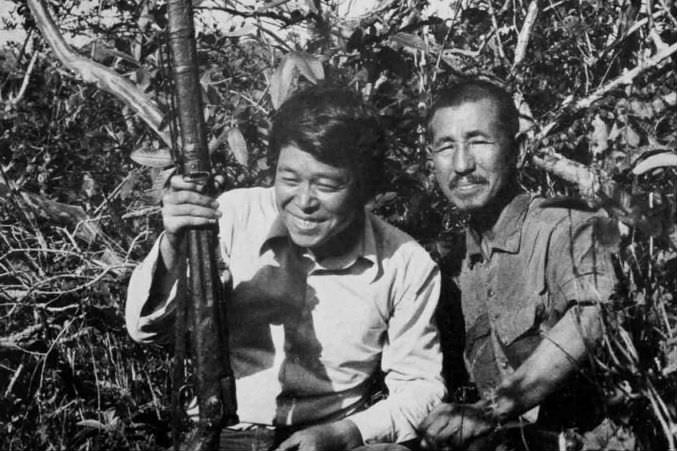
ENVIRONMENT
- Greg Foyster
- 12 October 2017
11 Comments
The conflict has finished, but a stubborn and deluded band of stragglers, led by their belligerent General, Tony Abbott, don't want to believe it. Abbott is behaving like the infamous Imperial Japanese officer Hiroo Onoda, who refused to accept his country's surrender in 1945 and spent a further 29 years fighting phantom enemies in a remote tropical jungle.
READ MORE 
-

RELIGION
- Andrew Hamilton
- 27 September 2017
6 Comments
Discussion of ageing is often confined to practical matters. Deeper questions of why older people matter and of what value a good society should put on them are either answered in slogans or not at all.
READ MORE 
-
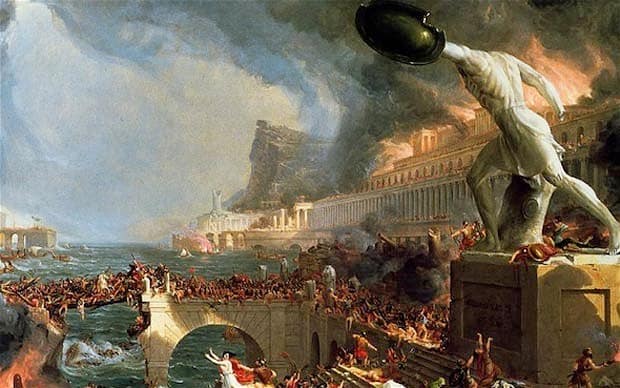
AUSTRALIA
- Andrew Hamilton
- 19 July 2017
21 Comments
Paul Kelly in the Australian makes the case that the decline in Christian faith made evident in the recent Census is in large measure responsible for the widespread loss of trust in the political system throughout the West. There are inevitable limitations to such broad brush arguments. Lack of trust in politics and institutions is not new. From the Roman Empire to contemporary China authorities who do not ensure an adequate supply of bread to their citizens can expect to meet distrust, unrest and replacement.
READ MORE 
-

ARTS AND CULTURE
'Faith is 24 hours of doubt and one minute of hope,' says one of the nuns at a 1945 Polish convent. Soon Red Cross doctor and avowed atheist Mathilde learns the details of the predicament: of the terror wrought at the convent by Russian soldiers at the end of the war. Over the coming weeks, she oversees the health of those who fell pregnant during the intrusion. Gradually she wins their trust and, in the process, has her mind opened to a brand of faith that, in such circumstances, can be anything but blind.
READ MORE 
-

RELIGION
- Frank Brennan
- 17 May 2017
As the Church of 2030, we need to be more attentive to the contemplation of believers and our experience of spiritual realities, as well as the preaching of the church. Pope Francis has no time whatever for the notion of the Church as a perfect society. But, there is no way that Francis wants to abandon the ideals and the commitment to truth and justice so well exemplified by his predecessors John Paul II and Benedict.
READ MORE
-
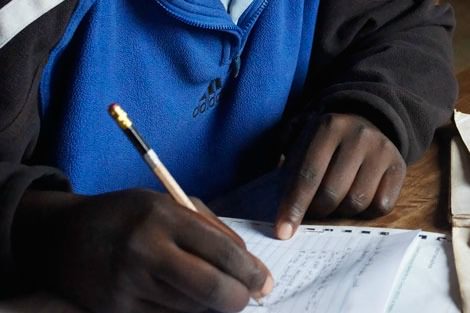
INTERNATIONAL
- David Holdcroft
- 12 May 2017
4 Comments
Alain is one of around 11,000 people living in this particular camp in the south of Zimbabwe. It seems an unlikely location to talk of the freeze on funding for Australian foreign aid announced in the budget, but it is in places like these, unseen and therefore unknown by the Australian population, that the effects are often felt. Alain is lucky: the camp where he lives has good education. Worldwide however, only 50 per cent of children in forced migrant situations will attend primary school, 22 per cent secondary and a paltry 1 per cent any institution of higher learning.
READ MORE 
-
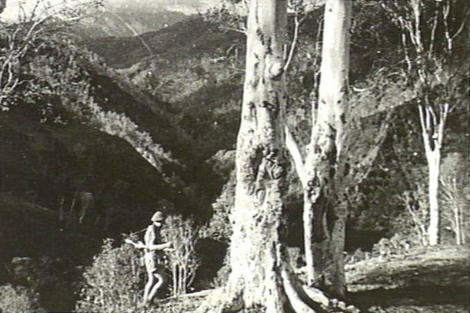
INTERNATIONAL
- Susan Connelly
- 24 April 2017
20 Comments
Fearful of the southward thrust of the Japanese, the Australian government entered East Timor against the wishes of its Portuguese colonisers. The move was not to protect the Timorese, but to thwart possible attacks on Australia. A band of intrepid Australian soldiers, never numbering more than 700, successfully held off thousands of Japanese in Timor, but only because they had the support of the local people. Between 40,000 and 60,000 Timorese died as a result of Japanese reprisals.
READ MORE 
-

RELIGION
- Michael McVeigh
- 24 April 2017
3 Comments
The transition from Easter to Anzac Day in Australia can be a strange one, particularly when the two celebrations come in the space of two weeks as they do this year. At Easter, we move from the terrible desolation of Good Friday to the joy of Easter Sunday. It's the foundation story for the Christian faith, and speaks of the arrival of new life and hope for the world. Anzac Day forces Christians to confront a different reality - that this new hope has yet to be fully realised.
READ MORE 
-
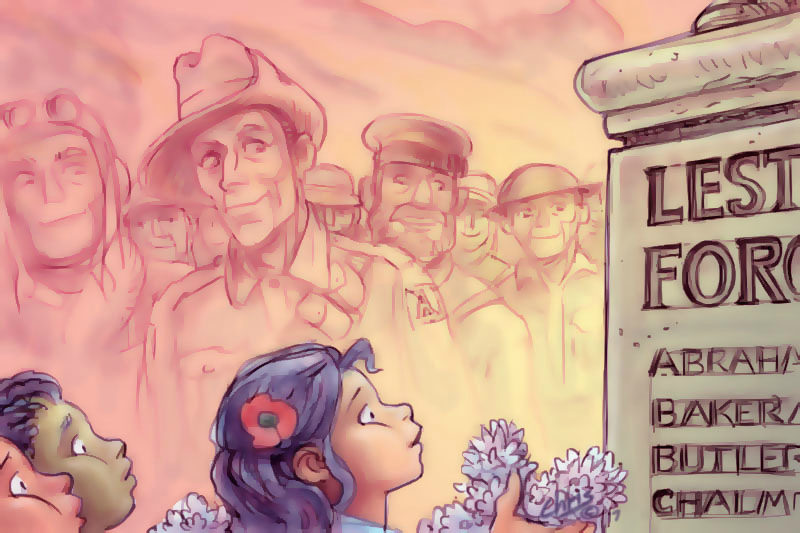
AUSTRALIA
- Gillian Bouras
- 21 April 2017
16 Comments
Every Anzac Day there seem to be arguments about the legitimacy of what has been called the One Day of the Year. In the past I have taken my turn at rebutting views that express the belief that such days are part of a wholly reprehensible glorification of war. I've had a great deal of time to think about the matter, and also have a personal involvement: my grandfather and father were in the Australian Army, and both saw active service, about which periods they hardly ever spoke.
READ MORE 
-
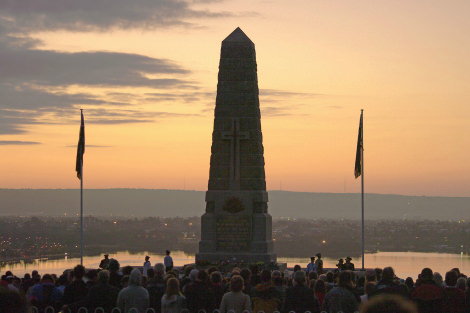
AUSTRALIA
- Andrew Hamilton
- 21 April 2017
4 Comments
At Anzac Day it is common to set the deaths of soldiers into the context of a larger cause; as shaping a template of national identity. This year we celebrate it in a sea of citizen deaths from terrorism and military actions. Such killings are also often set within a broader context such as democracy, national security, or the Western way of life. Deeper reflection suggests that to attribute meaning and value to people through their relationship to a cause does not enhance but diminishes their humanity.
READ MORE 
-

ARTS AND CULTURE
- Ian C. Smith
- 03 April 2017
Riding her gondola, a skimpy thing like herself, she sees her balloon ablaze, begins her descent, feathered hat lost, a rushed farewell performance. The house roof's pitch steep, her rigging tangled, fire almost out, burned, broken, she can't hang on, she who once remained aloft all night over Rome.
READ MORE 
-
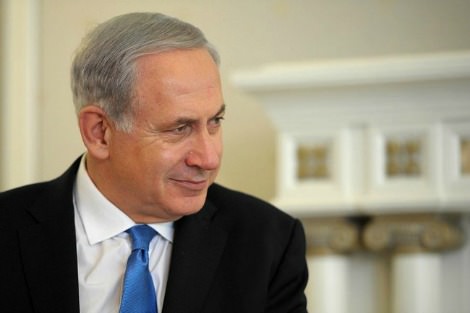
AUSTRALIA
- Andra Jackson
- 22 February 2017
15 Comments
Israeli Prime Minister Benjamin Netanyahu's visit to Australia this week is having precisely the opposite impact to what he no doubt intended. Instead of shoring up support for Israel's flagrant disregard for United Nations resolutions condemning its continual annexation of Palestinian land, it is driving a deep wedge into what was previously unflagging bipartisan Australian political party support for Israel. Australia's connection with Palestine actually predates the creation of the state of Israel.
READ MORE 